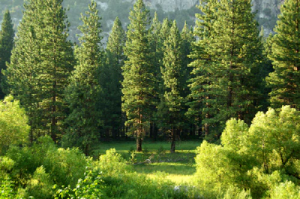What is ash dieback?
Ash dieback is a fungus also known as Hymenoscyphus Fraxineus, it originated in Asia. It has had devastating effects in Europe, which started about 30 years ago.
What does ash dieback look like ?
The main tell tale signs of a tree having ash dieback is dark patches on leaves in summer, the leaves will wilt and could also turn black and shed early. It can turn the inner bark of the tree brownish grey, and lesions can develop where the branches meet the trunk.
What happens to the tree?
If a tree keeps on getting ash dieback year after year the infection will eventually kill it.
How did ash dieback get here?
It could have been imported on ash saplings, it also could have been carried naturally by the wind.
What impact will ash dieback have?
It is thought that we could lose up to 80% of the ash trees in the UK due to the ash dieback disease.
How much will this cost?
Ash dieback is predicted to cost British society £15 billion.
Will any trees survive?
There is natural tolerance to ash dieback in some trees, meaning that the tree population could recover (it would more than likely take over 50 years for this to happen).
Is there anything we can do to help?
Clean your boots before and after visiting a woodland area, avoid taking any cuttings from the countryside and if you are on your bike wash your wheels after.
What can you do if you spot a tree with ash dieback?
If you think you may have spotted ash dieback on a tree you can contact https://www.forestresearch.gov.uk/


